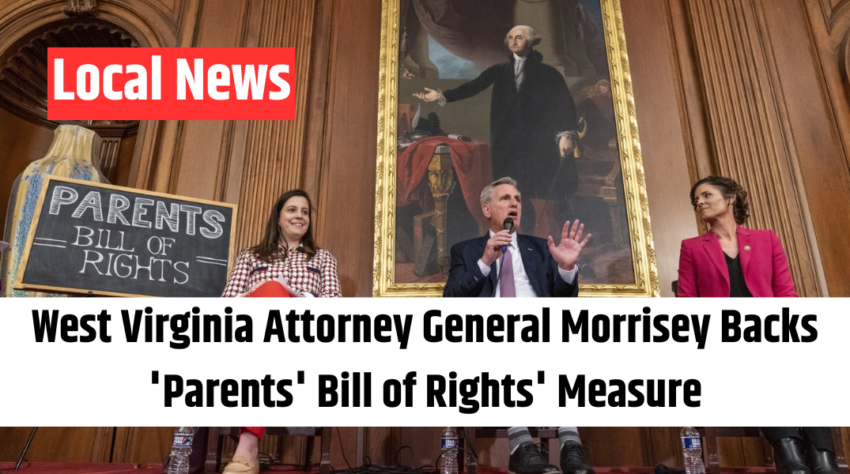On Monday, Gov. Patrick Morrisey signed into law a new bill establishing a “Parents’ Bill of Rights” for West Virginia families, emphasizing parental authority over the upbringing and education of their children. The bill, backed by Republican lawmakers, asserts that it is a fundamental right of parents to guide the care, education, and medical decisions concerning their minor children.
This legislation places West Virginia among more than 20 states, predominantly with Republican-controlled legislatures, that have introduced similar laws in recent years.
Ensuring Parental Authority
Del. Jim Butler, R-Mason, who sponsored the bill, explained during his presentation to the House of Delegates in February that the goal was to ensure parents retained their rightful authority over raising their children. “We just want to make sure parents have the authority to raise their own kids,” he said.
The bill has garnered support from conservative organizations such as the Alliance Defending Freedom, with legal counsel Jordan Carpenter praising the move. “Parents know and love their children best,” Carpenter stated. “They have the inherent right to decide how to raise their kids without government interference.”
Key Provisions of the Bill
House Bill 2129 outlines several provisions to support parental rights. It affirms that parents have the right to educate their children through various methods, including homeschooling and attending public or private schools, and they are entitled to access all school records related to their minor children.
Also Read – New Report Reveals Alarming State of West Virginia’s Roads and Bridges
In addition, the law asserts that parents have the authority to make healthcare decisions for their children, except in cases where those decisions involve actions that would end a child’s life, such as a minor seeking an abortion. West Virginia’s near-total abortion ban, which allows abortions only in cases of rape or incest (up to 14 weeks for minors), remains in effect.
Opposition and Concerns
The bill was met with opposition from some lawmakers, particularly Del. Evan Hansen, D-Monongalia, who voiced concerns about exceptions carved out for specific issues. “What I object to is how some religious beliefs in this Legislature are influencing the bill, particularly when other parents and religious groups hold opposing views,” he said during committee hearings in February. Hansen argued that parental rights should not be selectively restricted based on specific beliefs.
The law also does not extend protections for parents seeking to access gender-affirming care for their children. In 2023, the state passed a ban on gender-affirming treatments for minors, including gender reassignment surgeries, with exceptions only for minors diagnosed with severe gender dysphoria at risk of self-harm or suicide. There are concerns from medical professionals who argue that such bans can lead to increased mental health risks for vulnerable children.
Clarifications and Limitations
The bill explicitly states that it does not authorize actions that constitute child abuse or neglect. Additionally, while the law provides parents with a framework to defend their rights in court, it does not outline specific criminal penalties for organizations that may violate the law. The bill is slated to go into effect in July.
This new measure follows a similar bill from 2024, which passed the House but failed to advance through the Senate. With the signing of this updated version, West Virginia becomes one of the latest states to strengthen parental rights in the face of evolving social and political challenges .
